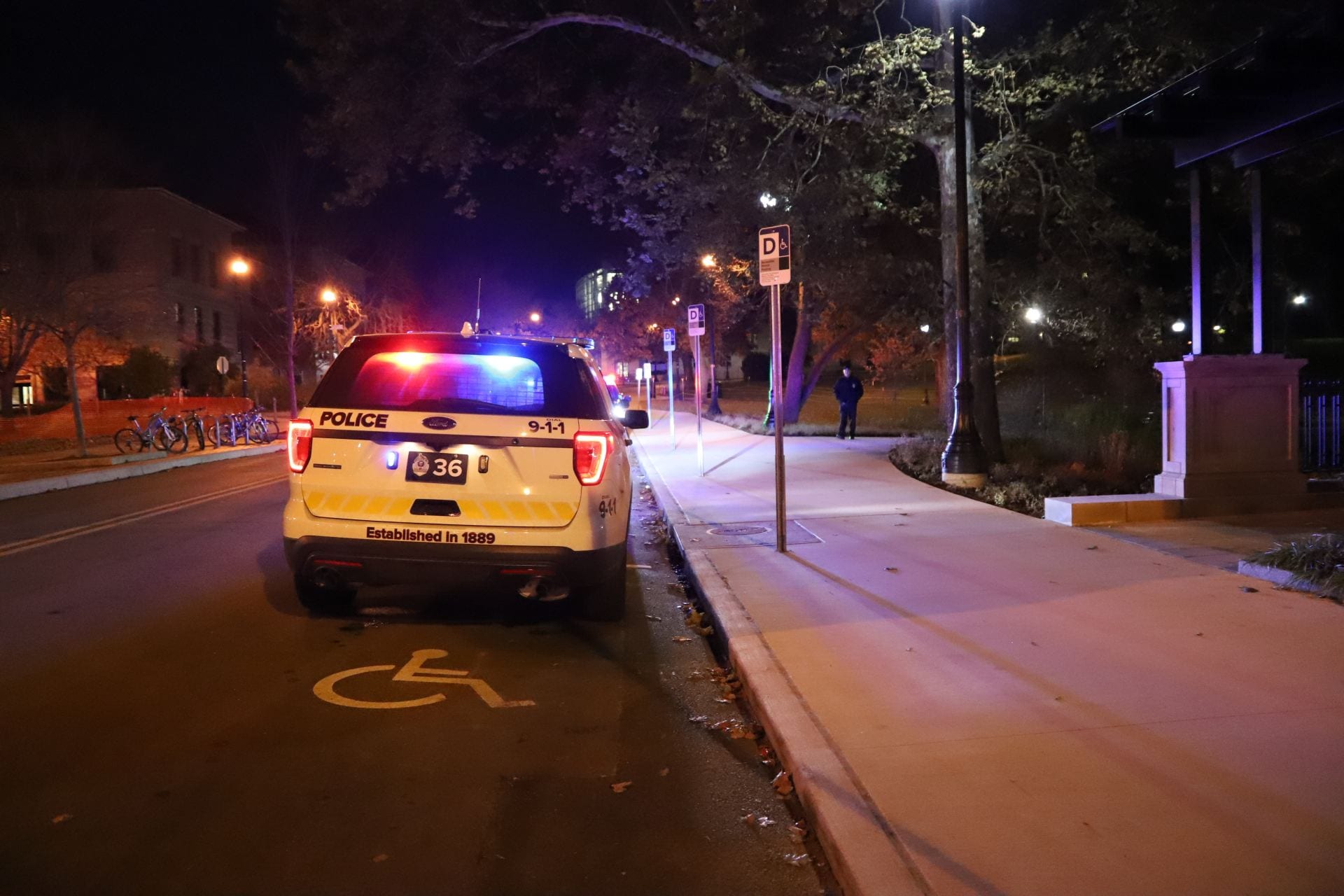Women have a new day just for them, and it is completely illegal.
Last month, the National Organization for Women announced the first “Give Your Friend the Morning-After Pill” Day will take place Sunday.
The announcement highlights demands to legalize over-the-counter emergency contraception by groups such as NOW and Voices for Planned Parenthood, following the Food and Drug Administration’s approval last December.
Ohio is one of 45 states that do not permit over-the-counter ECPs. This leads the average resident to obtain the contraceptives through a doctor and a pharmacy at market price because most insurance companies cover neither the ECPs or everyday birth control pills, said Lisa Perks, director of the Central Ohio Planned Parenthood.
One of those few insurers to cover contraceptives is OSU Student Health Insurance, said Amy Johnson, coordinator of Student Health Insurance.
“OSU Health Insurance is one of the most innovative in the country,” Johnson said. “Students under the plan benefit from both birth control coverage and coverage of the emergency pill Plan B for a minimal $10 co-pay.”
For those who do not have student health insurance, Planned Parenthood estimates that prices of Plan B range from $8 – $20, while a pack of combination pills ranges from $20 – $35 and a visit to the health care provider may run from $35 – $150.
The Planned Parenthood Health Centers offer a varitey of birth control and ECPs, the nearest to campus is located at 18 E. 17th Ave.
According to the Wilce Student Health Center, side effects of Plan B that occur in less than 23 percent of people include nausea and abdominal pain. Seventeen percent of women will suffer fatigue and headache, 6 percent will vomit and 13 percent will experience a delay in their periods.
Rebecca Tippett, a senior in criminology and sociology, is president of Voices for Planned Parenthood and is organizing a bus trip in April to Washington for a nationwide rally for women’s issues. Tippet said she is aware of the side effects and believes ECPs should be better promoted.
“Students need to be more educated on it because it’s critical to reproductive health,” Tippett said. “It’s a back-up plan to a condom or regular birth control.”
John Payne, senior in political science and policy director for the Undergraduate Student Government, said he agrees on a need to educate women on the availability of ECPs, but the education should stress that the medication should be a means of preventing pregnancy in cases of rape or incest.
“It is quite misleading to term it ’emergency contraception’ because contraception means the prevention of fertilization,” he said. “Contraception may have already taken place before the ECP is taken. The fact is that this is already an option to women through prescription.”
Yet ECPs also have far-reaching social benefits outside of serving as a ‘back-up’ plan, Perks said.
“It reduces the incidents for abortion in young students,” she said. “Data shows it’s 75 percent effective in preventing pregnancy, that it doesn’t affect an existing pregnancy, and its side effects are relatively small.”


